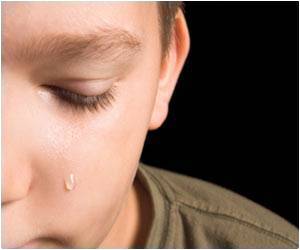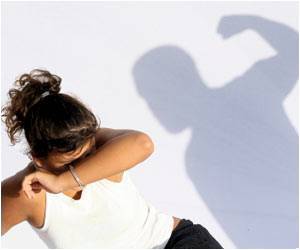The International Women’s Day, observed on 8th March every year, is a celebration of women, their struggles and achievements, and their silent contribution to society. It is also a time to address their concerns and bridge the gap between them and their male counterparts.
Organizations have lined up variety of themes to celebrate the day. Many of them have the same underlying message – women are equal to men; give them their rightful place in society!Women empowerment, a commonly used word today, finds very little meaning in our everyday lives. In the decision-making political spheres, we find women as a token representation. The problem of gender inequality is noticed not only in remote places but even among the elite and business class. Women are, more often than not, paid less for the same work as men. The top positions in companies are usually occupied by men, with very few women making it to boardrooms.
One of the important aspects that’s the focus on women’s day is safety. There is no dearth of stories about violence against women and girls, especially sexual assaults, in media outlets. It is appalling that girls as young as three or four years of age are being sexually violated. Women often face sexual harassment at work and many are attacked at home too.
Survivors of sex crime suffer from physiological and psychological problems. They suffer from pelvic pain due to severe damage to the urethra, vagina and anus, gynecologic problems such as dysmenorrhea (severe pain or cramps in the lower abdomen during menstruation), menorrhagia (abnormally heavy or prolonged bleeding during menstruation), and also develop irritable bowel syndrome, gastrointestinal, sexual and reproductive health problems, eating disorders like bulimia, and in some cases, contract sexually transmitted diseases including HIV/AIDS. Many have to deal with unwanted pregnancy, which poses yet another problem: they face ethical and moral dilemma concerning termination of the fetus.
Survivors also experience both short and long-term psychological effects of rape. One of the most common is self-blame. Many blame themselves as being the instigators of rape. They also suffer from Post-Traumatic Stress Disorder (PTSD) – intrusive thoughts and distressing recollections of the violence. A study titled, Rape: Legal issues in mental health perspective, conducted by the Indian Journal of Psychiatry in 2013, revealed that childhood and adulthood survivors of rape are more likely to attempt or commit suicide due to PTSD. School children are often victims of sexual abuse and rape. The study showed that around 6% of rape (child) survivors tried to commit suicide. Psychological harm is greater if the rapist is a relative. In the case of parental incest, psychological damage is long-term with extreme forms of childhood trauma.
Other effects include nightmares and sleep disorders, depression and anxiety disorders, borderline personality disorder, sexualized behavior, anti-social behavior, anger, feelings of powerlessness – victims feel the rapist robbed them of control over their bodies and an utter lack of self-worth, etc.
References:
1. http://timesofindia.indiatimes.com/city/delhi/Nirbhaya-gang-rape-convict-blames-victim-for-the-fatal-assault
/articleshow/46433506.cms
Source-Medindia










